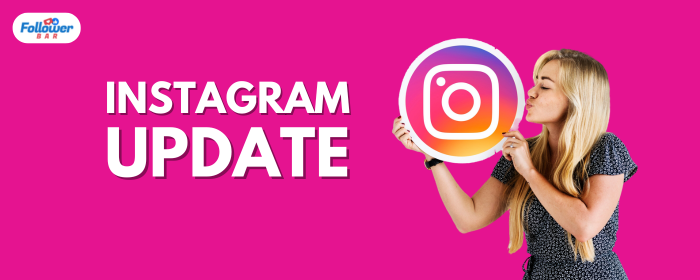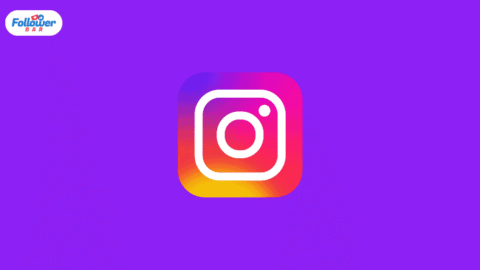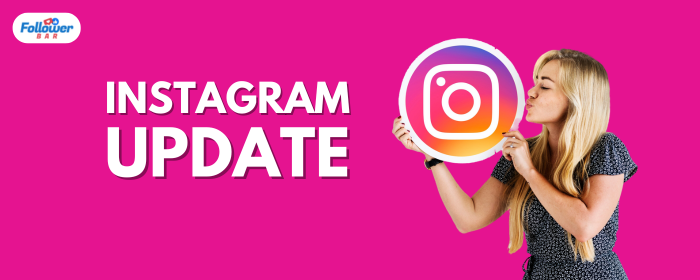The companies of the platforms are investing and working in each other, according to The Financial Times report, last year Meta and Google collaborated together on a secret advertising project, which was designed to target teenagers with Instagram promotions on Google’s platform YouTube. So, this is not good for Zuck and the company.
This may also seem strange because why would YouTube collaborate with another platform, i.e. Instagram, in this way? However, this advertising project also violates YouTube’s rules, prohibiting personalized ad targeting to users under 18. Apart from this, you can also increase your post likes on Meta’s Instagram, in which you have to select Buy Instagram Likes India service. Then, you can easily boost Indian Instagram likes.
According to reports from The Financial Times, Meta deliberately targeted its promotions to teenagers, and everyone knows that Google is the parent company of YouTube. They may have taken steps to hide this intention in their reporting. For Google, the bigger gain is dollars. Meta wants to reach its young audience so that young people can be prevented from going to the TikTok platform.
But there is one more thing, YouTube also has Shorts which is also a direct competitor of IG.
So then, why would Google spend so much energy and possibly risk harming Meta in this way?
It appears that there may have been confusion about the process during the acquisition.
The project was run by an intermediary called Spark Foundry, which Meta tasked to reach more teen users. YouTube representatives advised Spark how to use specific unrestricted targeting groups, which are known to maximize exposure to teens, without explicitly targeting the teen audience (which would be against Google’s policies).
In other words, YouTube has an unspecified ad targeting option that can easily include young users. But it was never promoted as such.
Subsequently, Spark launched the campaign on Meta’s behalf, giving Meta some potential deniability in inadvertently targeting teens with its promo.
As a result, unless it can be demonstrated that YouTube employees clearly understood that the campaign would target teens, no wrongdoing would have occurred. Meta can claim that it did not intentionally target teens with ads violating Google’s policies because it takes one step away from actual ad campaign targeting.
However, given that just last week, the Kids Online Safety Act was passed by the US Senate. It imposed a strict duty of care on social media platforms to better protect children from harmful online content, and this revelation comes at a particularly inopportune time.





